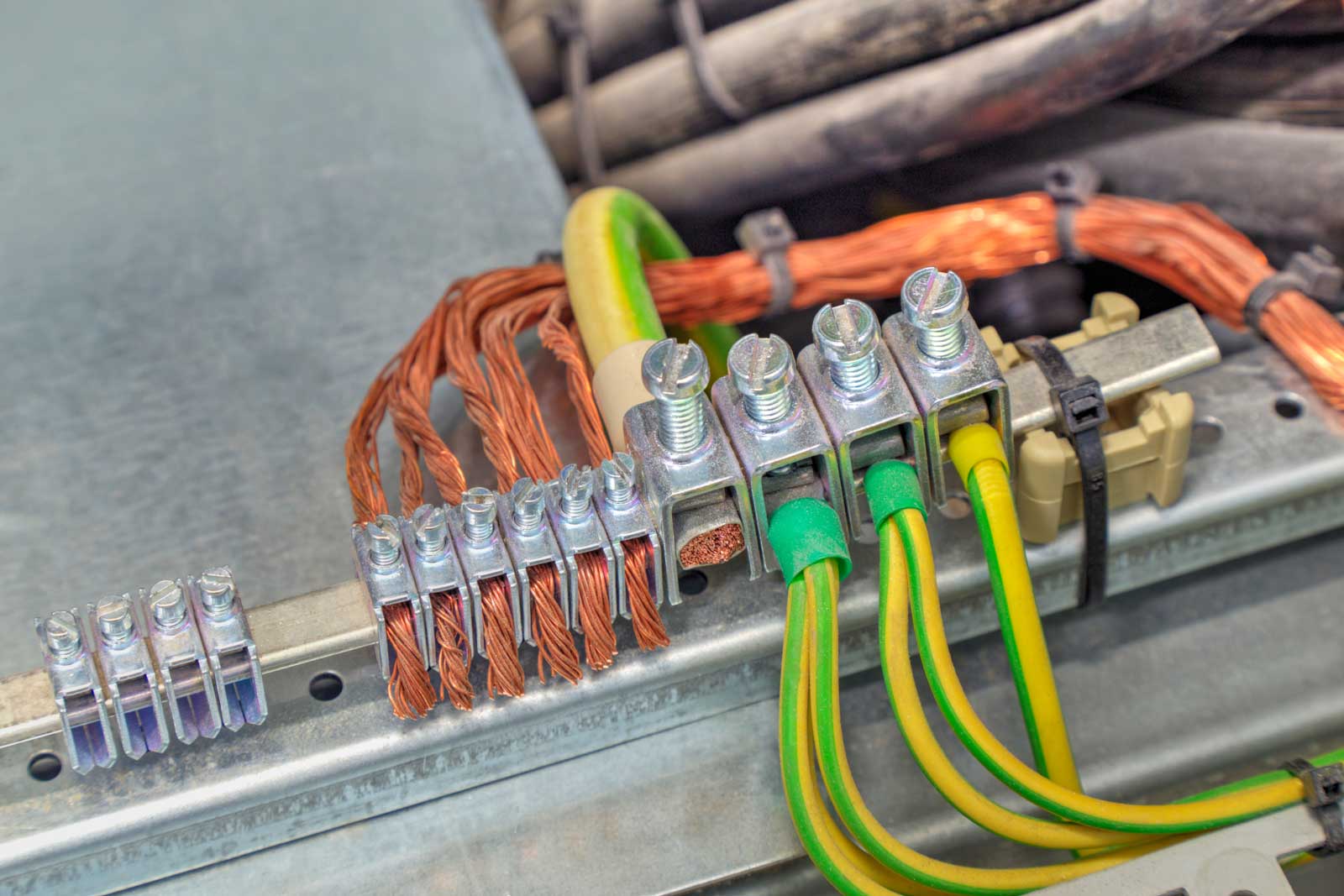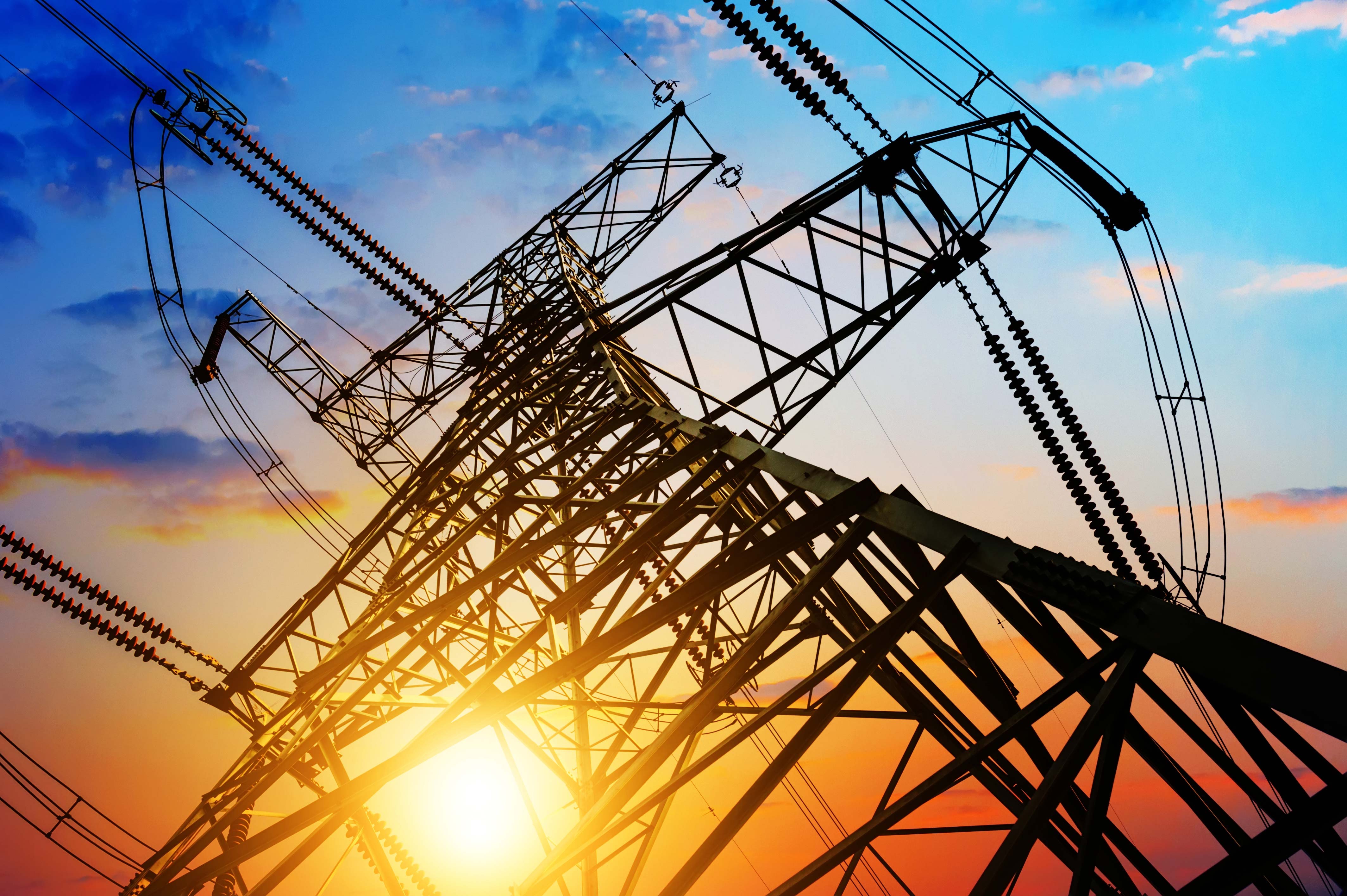Electricity can be highly dangerous to work with. This is why it’s important to take reasonable steps to ensure the safety and stability of an electrical transmission system, protecting both people and equipment from shocks, fires, blackouts, and other hazards.
Electrical grounding systems play a crucial role in power transmission safety. In today’s post, we will take a closer look at electrical grounding, how it works, and why it matters.
Understanding Electrical Grounding
Grounding is the process of providing a pathway for an electric current to flow safely into the ground. It’s achieved by connecting electrical systems to the earth through the use of a conductive material such as copper or aluminum. This allows the earth to act as a giant reservoir that can absorb excess electrical energy and dissipate it safely.
Properly grounding electricity prevents it from causing harm to people, equipment, and the environment. Grounding can prevent electric shocks, minimize the risk of damage to sensitive electrical equipment, and reduce instances of electrical fires.
The Key Components of Electrical Grounding Systems
There are several vital components to any electrical grounding system, including grounding electrodes, grounding conductors, and grounding devices.
Grounding Electrodes
Grounding electrodes establish a direct connection between the electrical system and the earth. Common types of grounding electrodes include metal rods, plates, and grids strategically placed into the ground to maximize conductivity.
Grounding Conductors
Grounding conductors—usually a wire, bar, or similar item—are the pathways through which the electric current flows. They are typically made of highly conductive materials such as copper or aluminum. These conductors facilitate the efficient dissipation of excess electrical energy.
Grounding Devices
To further enhance the effectiveness of an electrical grounding system, the operator can add various grounding devices, such as surge protectors and lightning rods. These devices divert and dissipate transient currents, protecting the entire transmission network from sudden voltage spikes and power surges.
The Importance of Electrical Grounding in Power Transmission
Electrical grounding is a critical part of safe, effective, and reliable power transmission systems. Following are some of the reasons why it is so vital.
Safety First
The foremost reason for implementing electrical grounding is to ensure the safety of the power transmission system.
By providing a low-resistance path for fault currents to dissipate into the earth, grounding significantly reduces the risk of electric shocks, protecting personnel from injuries or even fatalities.
Equipment Protection
Electrical systems are vulnerable to events such as lightning strikes and power surges. Without a proper electrical grounding system, these events can cause irreparable damage to expensive equipment, leading to downtime and substantial financial losses.
Grounding serves as a shield, directing excess energy away from sensitive components and ensuring the longevity of the entire power transmission infrastructure.
Power System Stability
Grounding plays a crucial role in maintaining the stability of electrical power systems. It helps to limit voltage fluctuations and ensure a consistent, reliable flow of electricity. Otherwise, any interruption or instability in power transmission can have a cascading effect on the entire grid, potentially bringing the entire system down.
Preventing Ground Faults
Ground faults, in which an electrical current can stray onto an unplanned pathway to a grounded surface, can be disastrous, exposing personnel to shock and equipment to fire hazards. Proper electrical grounding helps operators to promptly identify and mitigate ground faults, preventing equipment damage and maintaining the integrity of the entire power transmission network.
Compliance With Standards and Regulations
Governments and regulatory bodies enforce stringent standards to ensure the safety and reliability of power transmission systems. Proper electrical grounding is often a legal requirement.
Adherence to these regulations not only ensures that a power system is meeting all necessary requirements for operation but also underscores the commitment of the operating body to maintaining a secure and efficient power infrastructure.
What to Look for When Evaluating an Electrical Grounding System
Organizations that operate any kind of power transmission system need to evaluate and maintain their electrical grounding systems regularly. Here are five important criteria you must take into consideration to ensure that your grounding system is safe, functional, and efficient.
High Resistance Values
Regularly measure the resistance of your electrical grounding system using a ground resistance tester. An increase in resistance over time could indicate problems such as corrosion, poor connections, or deteriorating electrodes.
High resistance reduces the efficiency of the electrical grounding system and can compromise its ability to safely dissipate fault currents.
Corrosion and Physical Damage
Inspect all components of the grounding system, including electrodes, conductors, and grounding devices, for signs of corrosion or physical damage, which can naturally occur over time.
Corroded or damaged components may not provide the low-resistance path needed for fault currents to dissipate effectively. That’s why it’s vital to immediately replace or repair any corroded or damaged parts.
Visual Inspection of Connections
Perform regular visual inspections of all connections in the grounding system, and repair or replace any that seem damaged. Loose or corroded connections can increase resistance and compromise the overall effectiveness of the electrical grounding system.
Surge Events or Equipment Failures
If there have been instances of electrical surges, lightning strikes, or equipment failures in your area recently, it is essential that you inspect your electrical grounding system afterward to ensure that it has not been damaged.
These events can put additional stress on the grounding system. A thorough inspection can reveal any damage or degradation to your system, allowing you to make prompt repairs and keep the system in good working order.
Periodic Testing and Maintenance Schedule
It is important to establish a regular testing and maintenance schedule for your electrical grounding system. Conduct routine testing using appropriate equipment and perform preventive maintenance to address any identified issues.
This regular maintenance helps to ensure the ongoing reliability of the grounding system and allows you to identify and remedy problems while they are still minor and easily repaired.
Learn More and Get in Touch
MAC Products is proud to be a leading expert provider of products and services for the transmission, distribution, and control of electrical power. Our high-quality, reliable equipment has been utilized across a wide range of industries and applications, most notably in the electric utility and electrified transit spaces.
If you would like to learn more about anything we have discussed in this post or any of MAC’s products or services, please contact us today; we will be happy to assist you.






